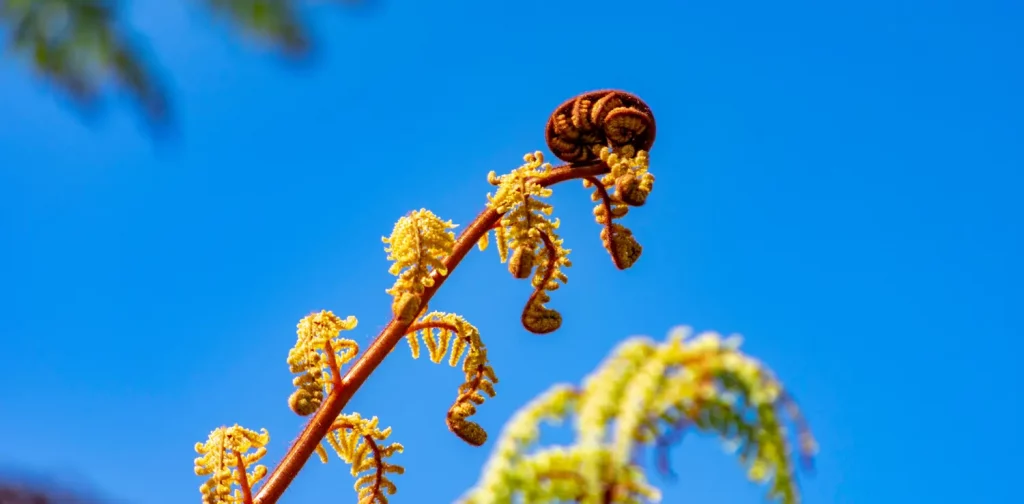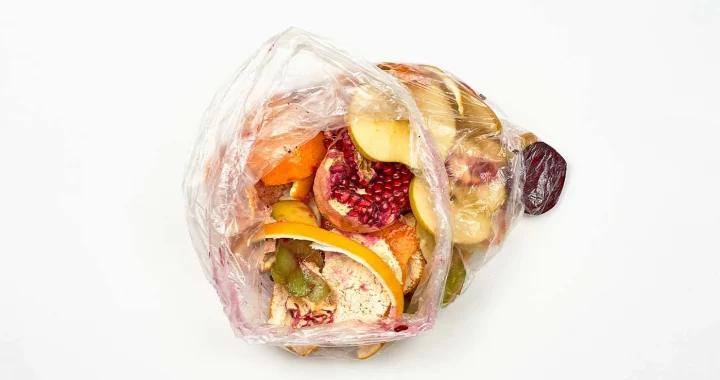The Tiaki Promise Encourages Tourists to Care for New Zealand’s Nature

The fern is called koru, which is an integral symbol of new life, growth, strength, and peace in Māori culture. | Photo by Kieran Somerville on Unsplash.
New Zealand is known for its stunning natural landscape. From the vast mountains to magnificent coastlines, the country’s nature is a sight that attracts tourists. Tourism contributed to 21% of NZ’s export earnings and 14% of the nation’s employment.
Hence, preserving New Zealand’s nature becomes a collective responsibility for citizens and visitors. Recognizing the importance of its nature, New Zealand is inviting visitors to care for the country through the Tiaki Promise.
What is the Tiaki Promise?
The word tiaki in Māori means ‘to care, conserve, and protect.’ The Tiaki Promise is a commitment to care for New Zealand through sharing connections with the natural world. This commitment primarily seeks to ensure that people who visit New Zealand take part in caring for the country’s nature.
The bond between the tangata whenua (people of this land) and their nature goes deep. Nature is intrinsically intertwined with their lives; each earth relic has its own stories and significance for their culture. Therefore, to commit to the Tiaki Promise is to allow ourselves to see nature through the Indigenous lens, form a deeper bond with the place, and reflect our attitudes and behaviors towards nature.
The Tiaki Promise is as follows: “While traveling in New Zealand, I will: Care for land, sea, and nature, treading lightly and leaving no trace; Travel safely, showing care and consideration for all; Respect culture, traveling with an open heart and mind.”
Achieving sustainable tourism
A collaborative effort is the heart of the Tiaki Promise. The commitment is formed with the support and participation of seven public and private organizations and an independent Tikangan Advisor.
One of the collaborators is Air New Zealand, which recently released a new safety video containing the essence of the Tiaki Promise. The video features the Māori storyteller Joe Harawira and tells a story of a young man named Tiaki who visits the four Guardians of this world on a waka rererangi (flying canoe). The video wants to reaffirm Air New Zealand’s intention toward sustainable tourism.
The director Jason Bock said that sustainability plays a huge role in the process of filming the video. “Conceptually, all the elements in the film needed to incorporate sustainability; from the animals in the forest being native and non-damaging to the environment to Tiaki’s korowai being made from organic materials,” he added.
Culture and sustainability
In taking care of its nature, New Zealand chooses the approach rooted in its own culture. The Tiaki Promise simultaneously introduces not only the nation’s pledge towards sustainability but also its solid cultural identity. The commitment also reminds us that no matter where or who we are, taking care of the earth is always a collective responsibility.
Editor: Nazalea Kusuma
Kresentia Madina
Madina adalah Asisten Manajer Publikasi Digital di Green Network Asia. Ia adalah lulusan Program Studi Sastra Inggris dari Universitas Indonesia. Madina memiliki 3 tahun pengalaman profesional dalam publikasi digital internasional, program, dan kemitraan GNA, khususnya dalam isu-isu sosial dan budaya.

 Test Custom Feature Image
Test Custom Feature Image  Electric Vehicles Roam the Roads of Kenya
Electric Vehicles Roam the Roads of Kenya  FedEx Engages Employees with Beach Clean-Up Initiative
FedEx Engages Employees with Beach Clean-Up Initiative  Come Back Stronger: Building Philippines’ Resilient Economy Post-COVID-19
Come Back Stronger: Building Philippines’ Resilient Economy Post-COVID-19  Inside Experian’s Sustainability Journey: An Interview with Chief Sustainability Officer Abigail Lovell
Inside Experian’s Sustainability Journey: An Interview with Chief Sustainability Officer Abigail Lovell  5 Food System Actors That Have Taken the 123 Pledge to Reduce Food Loss & Waste
5 Food System Actors That Have Taken the 123 Pledge to Reduce Food Loss & Waste  Test premium post
Test premium post